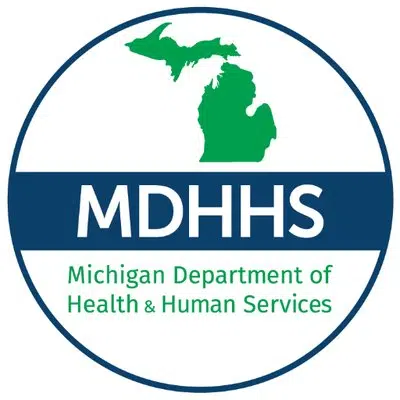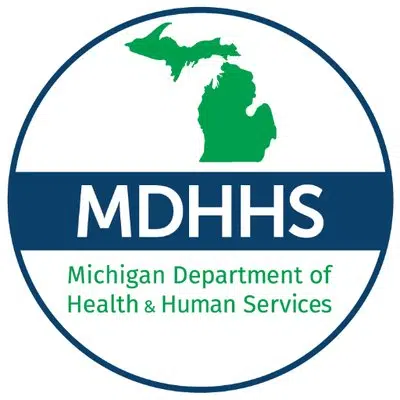The Michigan Department of Health and Human Services (MDHHS) encourages Michigan residents to get vaccinated, as increases in flu, COVID-19 and RSV activity have been observed and are expected to continue.
At the end of December, trends in respiratory illness reached the highest levels so far this season at both the national level (6.8% of outpatient visits for influenza-like illness) and in Michigan (4.5%). Michigan activity typically lags a few weeks behind the national trend, meaning the next few weeks are likely to see increasing local activity, especially as children return to school after the December holidays.
The majority of Michiganders are not up to date on the vaccinations that protect against these infections. Only 11% of Michigan residents have been vaccinated this season for COVID-19 and 23.6% have been vaccinated for influenza. It is not too late to get vaccinated against the flu, COVID-19 and RSV. All three of these vaccines can help protect against severe respiratory illness and can be given at the same time. Nationally, 11 children have died from influenza during the 2024-25 flu season; none of the children were from Michigan.
“With many respiratory viruses circulating and Influenza cases rising, it is crucial for Michigan residents to get vaccinated to protect themselves and their families,” said Dr. Natasha Bagdasarian, chief medical executive. “COVID-19 and flu vaccines are effective at preventing serious outcomes, including hospitalization and death. It is not too late to protect yourself and your family this season.”
According to state data, as of Dec. 28, approximately 2.5 million people have received their flu vaccine this flu season. This is well below the 4 million doses of flu vaccine that were expected to be administered this season. Vaccination coverage rates are highest among older adults, while they remain lowest for school-aged children (14.9% coverage for ages 5-12 and 7.7% coverage for ages 13-17) and college-aged young adults (10.9% coverage).
The Centers for Disease Control and Prevention (CDC) recommends the annual influenza vaccination for all persons 6 months and older, with rare exceptions. Getting vaccinated now, as respiratory virus activity is increasing, can still provide protection. Flu activity usually peaks in February, but significant flu activity can continue into May. It takes about two weeks after the vaccine is administered before the body builds up enough immunity to protect from severe illness from the flu. If eligible, Michigan residents should receive their flu, COVID-19 and RSV vaccines today to help protect from potentially severe consequences from these illnesses.
Vaccination is particularly important for these younger age groups as children return from the holiday break. It is also important for individuals at higher risk of developing serious complications — including young children, adults ages 65 years and older, people with certain medical conditions and pregnant persons. Speak to a health care provider to discuss vaccination and determine which flu vaccine is best for you. Additional information about recommendations can also be found by visiting ACIP Recommendations Summary | Influenza (Flu) | CDC.
Vaccines are an essential health benefit under the Affordable Care Act and are covered with no out-of-pocket costs by most health plans in Michigan.
Those with questions about their health insurance can contact the Michigan Department of Insurance and Financial Services (DIFS) at 877-999-6442, 8 a.m. to 5 p.m. Monday through Friday, or online at Michigan.gov/HealthInsurance.
Flu, COVID and RSV vaccines are widely available at local health departments, physicians’ offices and pharmacies around the state. Find a location by using the Vaccine Finder. Visit Michigan.gov/COVIDFluRSV for more information or visit IVaccinate.org to find answers to vaccine questions. Visit Michigan.gov/flufocus for updates on flu and respiratory illnesses in Michigan.





















Comments